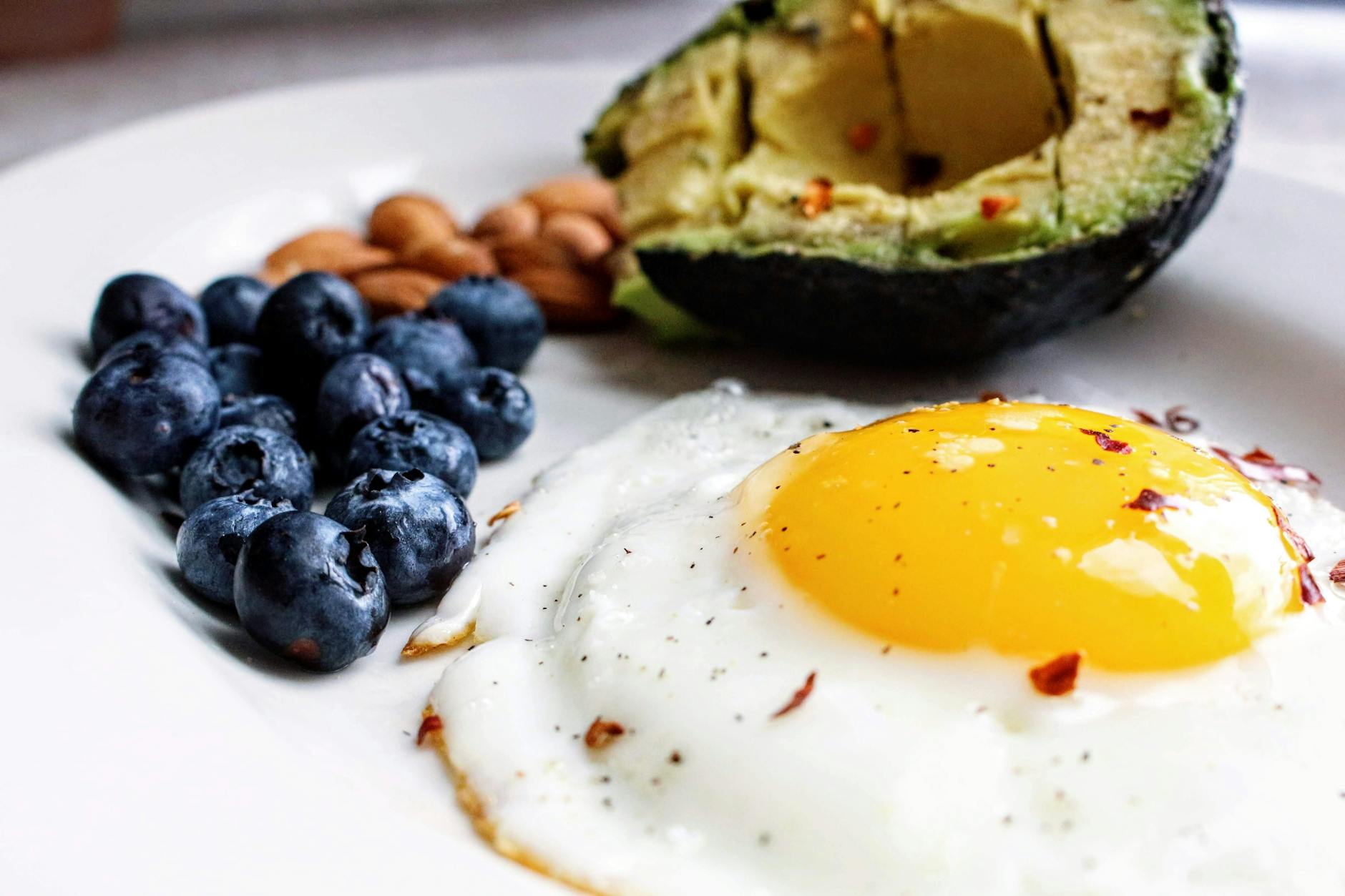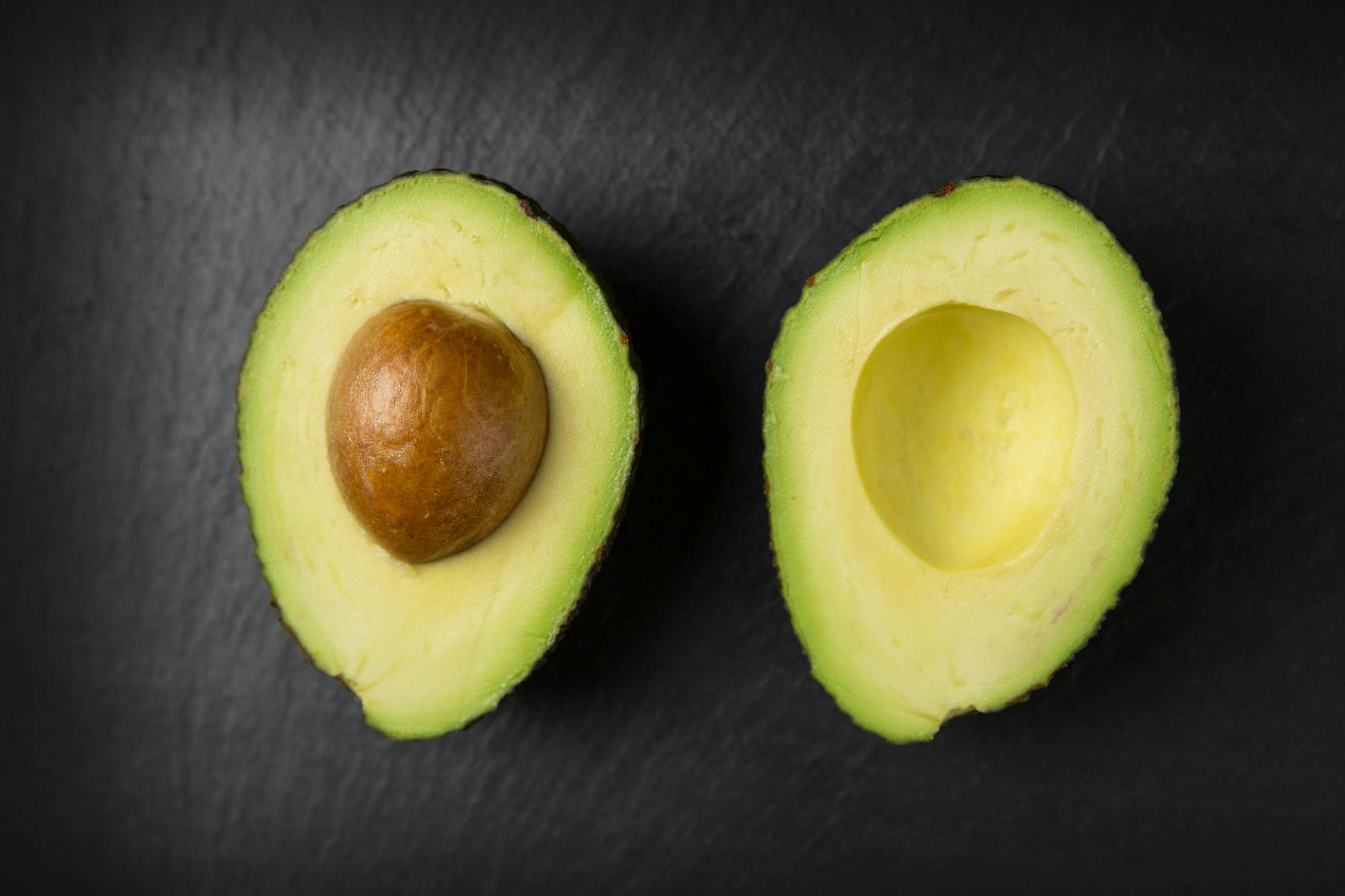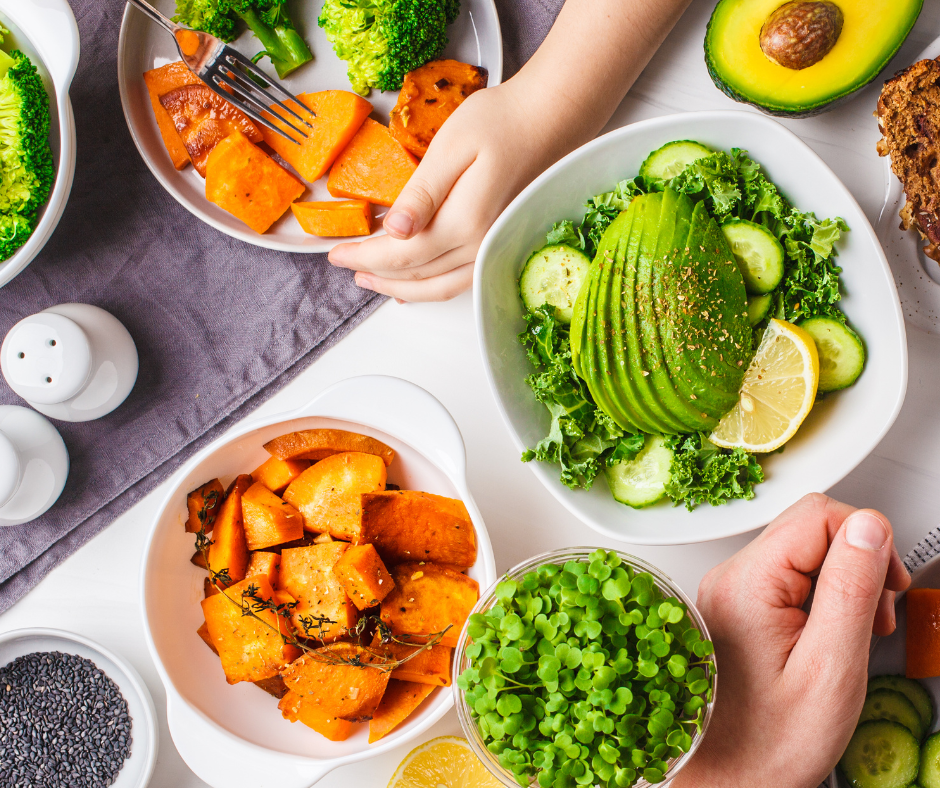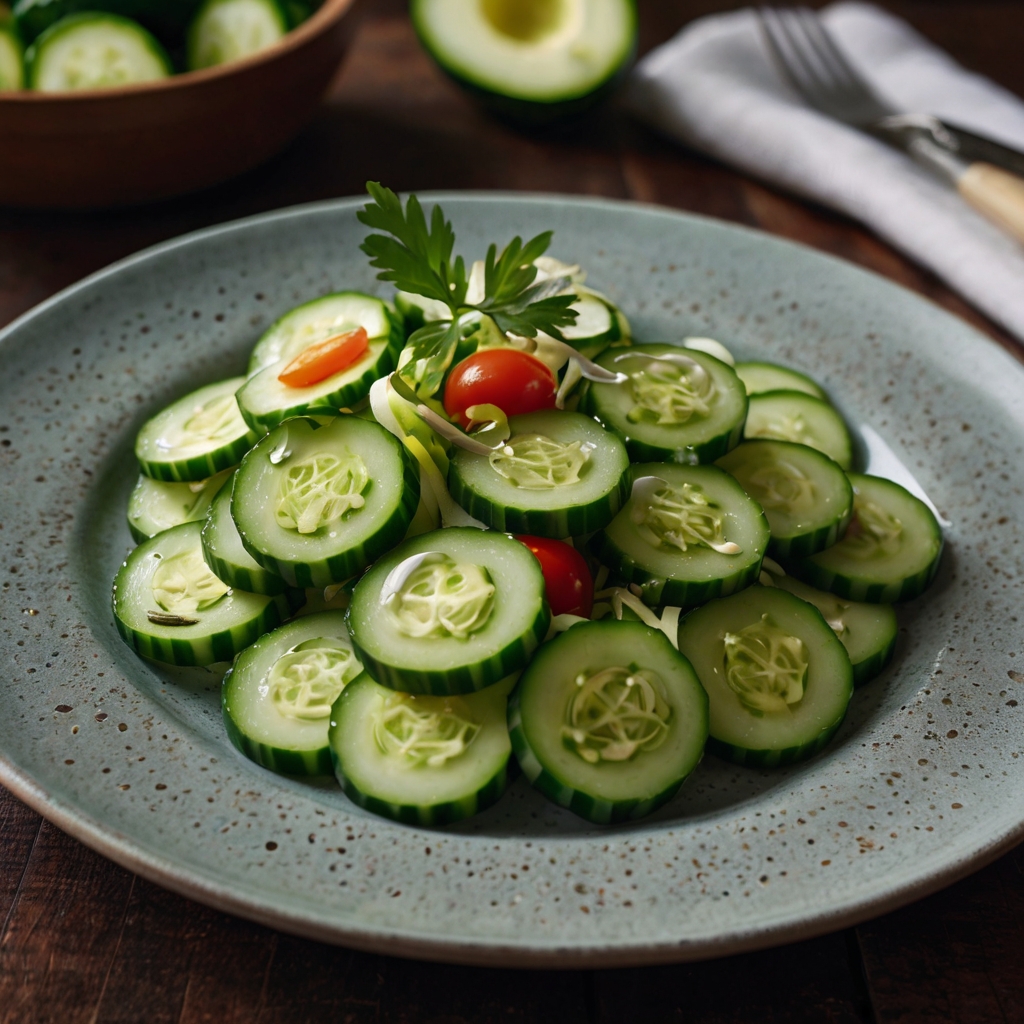Healthy fats are essential for your body, but many people think eating them has to be expensive. The truth is, you don’t need a big budget to include these in your meals. This post will show you simple, affordable sources of healthy fats that can support your health without breaking the bank. Whether you’re meal prepping on a budget or just looking to make smarter choices, these options are easy to find and cost-effective. Avocados are a great example of affordable healthy fats that provide essential nutrients and fiber.
Why Healthy Fats Are Essential
Healthy fats might seem like a luxury, but they’re key players in our diet. More than just a source of energy, they support processes you might not even think about—making them an absolute must for a well-rounded diet. Let’s explore why they’re so crucial and clear up some long-standing myths that might be holding you back. Incorporating nuts and seeds into your diet ensures a steady intake of affordable healthy fats.
The Role of Healthy Fats in Nutrition
Did you know your body can’t function properly without fats? They’re not just about calories. Healthy fats play a major role in absorbing nutrients, boosting your energy, and even balancing your hormones. Without them, our bodies struggle—like a car trying to run without oil. Olive oil is one of the most commonly used affordable healthy fats for cooking and dressing salads.
Here’s how healthy fats work behind the scenes:
- Nutrient Absorption: Vitamins like A, D, E, and K are fat-soluble, meaning fats are essential for your body to absorb them. Without them, you’re wasting those leafy greens or vitamin-packed meals.
- Hormone Production: Hormones regulate everything from growth to mood. Fats are the building blocks for some of the most important hormones in our bodies.
- Cell Health: Every single cell in your body has a fatty layer that keeps it functional and protected. This isn’t a maybe—it’s a must-have to stay healthy.
Healthy fats are also tied to reduced inflammation and better heart health. Unsaturated fats, like those found in foods such as salmon and avocados, are key for reducing bad cholesterol levels according to Harvard Health.
Debunking Myths About Fats
For years, we’ve been told that fats are the enemy. But the truth? Not all fats are bad. The real trick lies in knowing which ones to avoid and which ones to embrace. Enjoy the goodness of peanut butter, a tasty and convenient source of affordable healthy fats.
Here are some faulty beliefs—and the reality behind them:
- Myth: All fats lead to weight gain.
Reality: While fats are calorie-dense, healthy fats keep you full longer, which can actually help prevent overeating. - Myth: Saturated fat is the main culprit in heart disease.
Reality: Trans fats, typically found in processed foods, are far worse. Healthy fats, like monounsaturated fats, protect your heart. - Myth: Fat-free is always healthier.
Reality: Removing fat often means adding sugar or chemicals for flavor, making the food less healthy overall.
Replacing unhealthy options with nutrient-rich fats supports better overall health. For example, ditching butter for olive oil or adding a handful of nuts instead of chips makes all the difference. Coconut oil is a versatile option that adds flavor while offering affordable healthy fats for cooking.
Learn more about separating fat facts from fiction in this insight from Harvard.
These fats aren’t just “okay”—they’re necessary. The key is balance and quality, not fear. Keep these points top of mind the next time you’re planning meals.

Photo by Jenna Hamra
Understanding Budget Sources of Healthy Fats
Healthy fats aren’t just for gourmet meals or luxury diets—you can find them in everyday budget-friendly options. The trick is knowing how to spot these sources without compromising on quality or variety. Let’s dive into the key criteria for choosing affordable healthy fats and understand how sourcing them strategically can enhance your diet without overwhelming your grocery bill. Eating fatty fish like sardines and mackerel is a smart way to get affordable healthy fats and omega-3s.
Criteria for Affordable Healthy Fats
Choosing budget-friendly healthy fats involves more than just looking for the cheapest option. To maximize their value, consider factors like availability, cost per serving, shelf life, and nutritional quality. Here’s a breakdown to guide you: Full-fat dairy products such as yogurt and cheese are excellent sources of affordable healthy fats.
- Availability:
Look for fats that are widely available in local grocery stores or markets. Foods like nuts, seeds, and oils such as olive or canola oil are often staples that you can easily find. - Cost Per Serving:
Budget-friendly doesn’t always mean cheap upfront—it’s about cost-effectiveness. Canned fish like sardines or tuna, for example, offers high nutritional value at a low price per serving compared to pricier fresh fish. Buying in bulk can also cut down costs on items like nuts or seeds.- Tip: Stick to generic or store brands for oils and nuts—they’re often the same quality as brand-name products.
- Shelf Life:
Foods that last longer mean fewer grocery runs. Items like canned fish, nut butters, and oils can sit on your shelf for months without spoiling. On the other hand, fats from fresh produce like avocados may require quicker consumption. - Nutritional Value:
All fats are not created equal. Focus on incorporating monounsaturated fats (like those from olive oil) and polyunsaturated fats (like omega-3 fatty acids in walnuts or fish). These are more beneficial to heart health compared to saturated fats.
For a more detailed look at distinguishing between fats, visit this guide by Harvard Health.

Photo by Jess Loiterton
Related Reads: Want to maximize muscle gains with the right carbs? Check out The Ultimate Guide to Carbs for Muscle Growth: What to Eat and When for expert insights! 🚀
Benefits of Sourcing Fats on a Budget
Why does finding healthy fats on a budget matter? It’s not just about saving money—it’s also about improving your diet without making sacrifices to your finances. Chia seeds and flaxseeds are packed with fiber and serve as plant-based affordable healthy fats.
Here’s why budget-friendly sources of fats are a win-win:
- Improved Diet Quality:
Incorporating affordable healthy fats—like peanut butter, sunflower seeds, or canned mackerel—ensures your body gets essential nutrients like omega-3s and vitamin E without draining your wallet. This can be especially helpful if you’re transitioning away from cheaper, processed fats or empty-calorie snacks. - Consistency in Healthy Eating:
Sticking to nutrient-dense food is easier when it doesn’t cost you an arm and a leg. Affordable staple options like olive oil or flaxseeds make it possible to maintain nutrient-rich meals regularly. - More Bang for Your Buck:
Affordable fats are often versatile, too. A jar of peanut butter doubles as a snack ingredient or breakfast spread. Similarly, a bag of walnuts can upgrade salads or stand alone as a power-packed snack. You’re getting both nutrition and value in one.
When you’re strategic about sourcing affordable fats, you’re not just saving money—you’re building a sustainable and healthy lifestyle. For example, buying items in bulk or during seasonal sales can stretch your budget further, without sacrificing quality. Using ghee in moderation provides traditional and affordable healthy fats with added benefits.
For more practical tips, check out these budget-friendly eating strategies shared by HelpGuide.
Affordable fats make it clear: eating healthy doesn’t have to be out of reach, and the benefits go far beyond your wallet.
Top Affordable Healthy Fats to Include in Your Diet
Healthy fats are a crucial part of a well-rounded diet, aiding everything from heart health to nutrient absorption. Luckily, you don’t need to overspend to get your daily dose of essential fats. Here’s how you can include affordable and nutrient-packed options in your meals. Eggs are an excellent choice for protein and affordable healthy fats, making them ideal for breakfast.
Avocados

Photo by ROMAN ODINTSOV
Avocados are a powerhouse of nutrition. They’re rich in monounsaturated fats, which are great for heart health, and they’re packed with essential vitamins like C, E, and K. Avocados are also loaded with folate, potassium, and fiber, which support digestion and overall wellness. Cooking with canola oil is another way to include affordable healthy fats in everyday meals.
According to Medical News Today, the healthy fats in avocados help reduce bad cholesterol levels while boosting good cholesterol.
To keep your grocery bill in check, shop for avocados during seasonal sales or consider buying them in bulk if you use them often. Plus, they ripen at different rates, so you can stagger their shelf life with proper storage.
Seeds and Nuts
Seeds and nuts, such as sunflower seeds, peanuts, and almonds, are excellent sources of polyunsaturated fats, omega-3 fatty acids, and protein. They also provide essential nutrients like vitamin E and magnesium. What’s great is how versatile they are—add them to oatmeal, bake them into goods, or just snack on them directly. Dark chocolate contains antioxidants and is a delicious way to consume affordable healthy fats.
Want to save money? Buy in bulk from wholesale stores or opt for store brands, which often cost less for the same quality. As highlighted in this guide, buying in larger quantities can drastically reduce your cost per serving. Adding sunflower seeds to snacks or meals boosts the intake of affordable healthy fats effortlessly.
Don’t forget to choose unsalted varieties for a healthier option!
Oils: Olive and Canola
Olive oil is a star in healthy cooking, offering anti-inflammatory properties and heart-health benefits with its high content of monounsaturated fats. Canola oil, on the other hand, provides a more cost-effective option with lower saturated fat levels. Both oils are versatile, whether you’re cooking vegetables or using them in dressings. Homemade hummus made from tahini is both nutritious and full of affordable healthy fats.
For savvy shopping, buy smaller bottles to avoid waste, or try store-brand options available in most supermarkets. According to Healthline, olive oil provides antioxidants that support overall health, while canola oil is perfect for high-temperature cooking due to its high smoke point. Whole milk is a budget-friendly dairy option loaded with affordable healthy fats and calcium.
Eggs
Eggs are one of the most versatile and affordable sources of healthy fats. They’re packed with omega-3 fatty acids, high-quality protein, and essential nutrients like vitamin D and choline, which play a critical role in brain health. A single egg is nutrient-dense and often costs less than 20 cents, making them a smart choice for budget-conscious shoppers. A handful of almonds every day provides a crunchy source of affordable healthy fats and protein.
From breakfast scrambles to baking, eggs fit seamlessly into nearly any diet. They’re a no-brainer for both cost and nutritional value. For even more benefits, check out Healthline to see why eggs are a staple for so many households.
Fatty Fish Options: Canned Tuna and Sardines
Canned tuna and sardines are excellent sources of omega-3 fatty acids, which support heart and brain health. They’re also high in protein and essential vitamins like B12, making them nutrient powerhouses. Unlike fresh fish, these options are budget-friendly and have an impressive shelf life, letting you stock up without worry. Using sesame oil in stir-fries is a great way to enjoy affordable healthy fats with an aromatic twist.
Sardines, in particular, are a calcium-rich option since they often include edible bones. Plus, both tuna and sardines are incredibly versatile—enjoy them in salads, sandwiches, or casseroles. For more insights, EatingWell explores how canned fish can be a smart addition to a healthy diet on a budget.
By using creative approaches like buying in bulk, seeking out store brands, or choosing versatile ingredients, you can easily make healthy fats a staple in your diet without overspending.
Creative Ways to Incorporate Healthy Fats on a Budget
Incorporating healthy fats into your diet doesn’t have to strain your wallet. By being creative and strategic, you can enjoy the nutritional benefits of fats without overspending. From making your own spreads to smart storage tips, here are practical ways to bring affordable healthy fats into your meals.
Homemade Nut Butters and Spreads

Photo by Vanessa Loring
Making nut butters at home is a simple and cost-effective way to enjoy nutrient-rich fats. Store-bought options can be expensive, especially if you’re opting for organic or natural varieties. But with a blender or food processor and a little effort, you can make fresh nut butter in minutes.
Here’s how you can do it:
- Choose Your Nuts: Almonds, peanuts, cashews, or hazelnuts work great. Buy in bulk or during sales to save money.
- Toast for Flavor: Lightly toast the nuts on a baking sheet for 5-10 minutes at 350°F for added flavor.
- Blend: Add the nuts to a food processor and blend until creamy. This can take 5-10 minutes.
- Customize: Add a pinch of salt, a touch of honey, or cinnamon for extra flavor.
Making your own nut butters allows you to control the ingredients and avoid unnecessary additives. For a detailed guide, check out this tutorial from Minimalist Baker.
Smart Meal Planning
Smart meal planning helps you incorporate affordable fats without overspending. It’s all about knowing what to buy and how to use it efficiently.
Instead of approaching meal prep as a chore, think of it as an opportunity to integrate healthy fats into every meal. Here are some ideas:
- Include Small Portions Frequently: Add sliced avocado to your breakfast toast or drizzle olive oil over your dinner salads.
- Make Double-Duty Recipes: Use a batch of hard-boiled eggs for both snacks and salad toppers.
- Rotate Proteins: If fresh salmon is too expensive, alternate with canned tuna or sardines, which are affordable sources of omega-3.
To get started with planning healthier meals, explore these 7-day meal ideas, designed to optimize using fats like oils, nuts, and seeds in balanced ways.
Using Fats as Flavor Enhancers
Healthy fats do more than nourish your body—they make your meals taste better. They add richness to dishes and carry flavors in a way no other ingredient can. Even a small amount can go a long way toward elevating simple meals.
Some ways to use fats as flavor enhancers include:
- Roasting Vegetables: Toss your favorite veggies with olive oil, salt, and pepper before roasting for perfectly caramelized results.
- Soups and Stews: Stir in a tablespoon of coconut milk or drizzle olive oil on top for a creamy texture and added depth.
- Dressings and Dips: Make quick vinaigrettes at home using olive oil, lemon juice, and mustard, or blend avocado into a creamy dip.
Using fats skillfully is both budget-friendly and healthy. Learn more about the role of fats in flavor from this article.
Saving Money Through Bulk Purchases and Storage
Buying in bulk is one of the easiest ways to cut costs while stocking up on healthy fats. Wholesale stores and co-ops often sell nuts, seeds, and oils at reduced prices. However, proper storage is key to preserving their quality and preventing waste.
Tips for Storing Healthy Fats:
- Oils: Keep in a cool, dark place to avoid oxidation. Use smaller bottles for frequent use and refill from larger ones to extend freshness.
- Nuts and Seeds: Store in airtight containers in the fridge or freezer to prevent spoilage. They can last for months when kept cool.
- Divide for Convenience: Portion bulk items into smaller servings for quick and easy access without constantly opening the main container.
If you’re new to buying in bulk, check out resources like this guide to learn more about affordable deals on nuts and seeds. By planning ahead and storing properly, you can enjoy these nutrient-rich ingredients without waste.
Additional Tips for Finding Affordable Healthy Fats
When it comes to eating well on a budget, every choice matters. By exploring smart strategies and resources, you can find high-quality healthy fats without overspending. These additional tips will help you save money while ensuring your meals remain both nutritious and delicious.
Shopping at Farmers’ Markets and Discount Stores

Photo by Foodie Factor
Farmers’ markets and discount stores are hidden gems for finding affordable foods, including healthy fats. Many farmers’ markets sell fresh, local produce at lower prices than traditional supermarkets. You can often find fantastic deals on avocados, nuts, seeds, and oils—all staples in a heart-healthy diet. The key is shopping at the right time. Try going near closing hours when sellers may be more willing to negotiate prices.
Also, discount grocery stores often carry high-quality, store-brand oils like olive or canola oil at fractionally lower prices. And don’t forget to check their bulk aisles for nuts and seeds like sunflower or flax, which can last a long time if stored properly. For tips on shopping smart, explore this helpful guide.
Using Coupons, Sales, and Loyalty Programs
Saving on groceries doesn’t have to be complicated. Using coupons, shopping during sales, and taking advantage of loyalty programs can go a long way in cutting down costs. Many grocery stores offer apps that include digital coupons, allowing you to score discounts on essential items like eggs, peanut butter, and oils.
Sales usually happen in cycles, so plan your purchases around them. Stock up when items like coconut oil or nuts are on sale, and use loyalty program rewards to save even more. You can also find coupons at major retailers for healthier snacks, including those with good fats. Explore smart couponing strategies shared in this resource.
Making Informed Choices with Food Labels
Understanding food labels can help you make healthier and more cost-effective choices. When shopping for healthy fats, it’s important to know what to look for. Focus on items that are rich in monounsaturated fats or polyunsaturated fats, and avoid trans fats altogether, which are often found in processed foods.
Here’s how to get started with label reading:
- Look at the total fat content per serving and ensure it aligns with your dietary goals.
- Check the ingredient list to confirm that the product contains natural oils or whole foods (like peanuts in peanut butter) without unnecessary additives.
- Compare options in terms of cost per serving to determine value.
For more label-reading tips, this guide from the FDA is a great starting point to make your grocery trips more efficient.
By combining these strategies, you can find affordable healthy fats while staying informed and confident about your choices.
Conclusion
Eating healthy fats on a budget is simpler than it seems. Affordable options like avocados, nuts, seeds, oils, eggs, and canned fish can provide essential nutrients without overspending. These foods are versatile, nutrient-dense, and accessible, making it easy to prioritize your health.
By planning smart, shopping strategically, and using creative ways to stretch your grocery budget, you can enjoy the benefits of healthy fats in every meal. A little effort goes a long way in fueling your body while keeping costs in check.
Don’t let cost hold you back—start adding these affordable, healthy fats to your diet today. What new budget-friendly option will you try first? Share your thoughts or tips in the comments!


